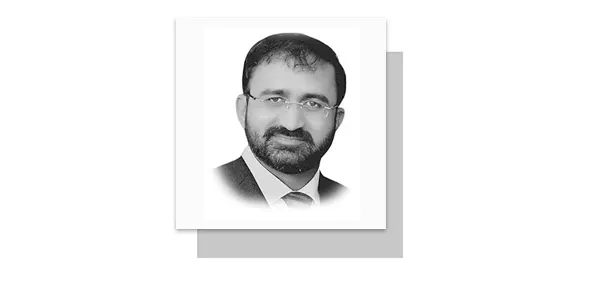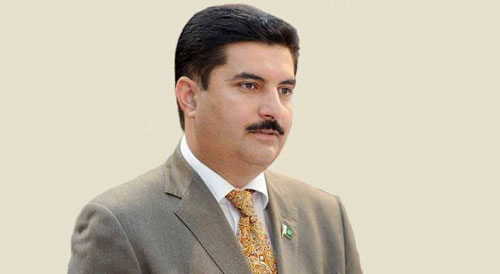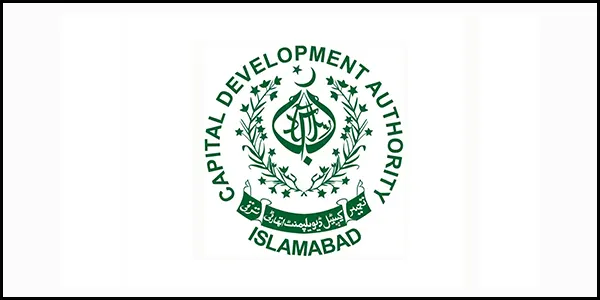THE Islamic viewpoint on dialogue pertains to the approach adopted by Muslim scholars and practitioners when engaging in dialogue with individuals from religions and cultures that differ from their own. The primary objective of this discourse is to explore the potential prospects of interaction between Muslims and other religions and communities to ensure global peace and coexistence. This will enable us to establish a robust foundation upon which we can envisage the potential provisions of the relationships between Muslims and other religious groups. Regrettably, some scholars and media outlets have portrayed these relationships in a negative light in contemporary times. The means of engaging in this discourse will be through analytical and scholarly modalities, commonly referred to as collaborative dialogue. The Quran is commonly referred to as the Muhaymin, meaning the protector, about the preceding revelations. A regulation and a way have been designated by the Almighty for every community. It is recommended that individuals from diverse communities engage in a friendly competition to outdo one another in performing acts of virtue.
In the present context, the term “dialogue” pertains to its utilitarian significance, specifically referring to the exchange of religious and cultural knowledge among individuals of varying religious backgrounds. The primary objective of such an exchange is to mitigate, regulate, or transform conflicts that may arise between these individuals (Köchler, 2014). The rationale behind adopting this particular definition is rooted in the pressing need to engage in dialogue in the present day, with the ultimate goal of comprehending the concept of dialogue in the context of “religion and peace” (Rabadi, 2014). The approach to Peace Dialogue is influenced by the United Nations’ strategies for peace, development and human rights. In particular, it aligns with the vision and values of the World Summit for Social Development, which prioritized social integration on the global agenda (Haynes, 2016). This process involves multiple stakeholders working together to achieve mutual accommodation in social transformation, ultimately aiming to achieve peace.
The challenge of mutual accommodation arises in situations where groups have a history of conflict resulting in fatalities and where there is an uneven distribution of wealth and resources (Kurup, 2014). Tolerance of difference, consensus on objectives and the exploration of shared meaning can be contentious even in more harmonious social contexts, where they are the subjects of debate, discussion and discourse. This entails a thorough examination of pertinent theories and trends, such as “religion and violence”, which have significantly influenced the development of dialogue between faiths in contemporary times (Al Saleeh, 2019). The utilization of dialogue as a means of addressing the theory of “religion and violence” represents a significant response. From the Islamic perspective, dialogue serves primarily to mitigate the existing tensions within religious conflicts. The connotation of the term “dialogue” in this context would diverge from that of a non-religious, non-faith, or secular-based discourse (Younas et al., 2023).
The objective of engaging in dialogue is to foster constructive communication among communities that are diverse and polarized, with the ultimate goal of dismantling preconceived notions and reestablishing confidence (Rofiqi & Haq, 2022). The primary objective of engaging in dialogue is to facilitate the acquisition of comprehension regarding the emotional, cognitive, and expressive tendencies of other participants. This, in turn, fosters the development of empathy among the participants, enabling them to effectuate change (Dastagir & Ramzy, 2019). Dialogue is a collaborative process that entails the participation of individuals from diverse backgrounds within a community, to promote mutual comprehension and exchange knowledge on matters that are of significance to them (Abu-Nimer & Smith, 2016).
The significance of interreligious dialogue cannot be overstated in terms of fostering amicable relations and promoting peaceful cohabitation among diverse religious factions. Numerous tragic events have occurred throughout the course of world history (Burawoy, 2015). The contemporary world is facing various real and pressing issues such as the 9/11 attacks, the Israel-Palestine conflict, Pakistan-Afghan Issue, the Ukraine-Russia war, conflicts in the Middle East, Muslim-Buddhist conflicts in Thailand and Myanmar and Hindu-Muslim clashes in India and Bangladesh (Art, Crawford, & Jervis, 2023). These scenarios are seemingly in opposition to religious beliefs. It is widely acknowledged that various religions espouse the values of universal love and compassion towards fellow human beings (Baranovskyi, 2023).
However, it is a matter of concern that numerous egregious crimes leading to the loss of innocent lives are committed in the name of religion, as reported by Human Rights Watch in 2016 (Watch, 2016). It is imperative to acknowledge the underlying cause of this issue and devise a resolution that fosters collaboration among individuals from diverse religious and cultural affiliations, thereby facilitating constructive participation in interfaith discourse for the betterment of mankind (Wang & Miao, 2022). Interreligious dialogue serves as a crucial mechanism for reducing the interreligious tensions that exist among individuals globally. The notion of dialogue has been present throughout the entirety of human history. Numerous instances of interreligious dialogue have been documented throughout history (Khan et al., 2020).
Dialogue programs teach about Islam, its values and its contribution. Islamic conversation promotes tolerance, respect and diversity by correcting misperceptions. This information helps people fight prejudices and Islamophobia and promote global peace. Islamic dialogue promotes peace, justice and human rights. Muslim thinkers, leaders and activists discuss compassion, forgiveness and equality to develop a peaceful society. They can work with peace and social justice groups through these talks. Islamic interaction with youth is essential to peace. Youth can learn about peace, tolerance, discussion, critical thinking and leadership by participating in dialogue projects. Empowering youth as peace ambassadors creates a more harmonious and inclusive world. Islamic dialogue promotes global peace by increasing understanding, resolving disagreements, establishing bridges, advocating for peace and enabling individuals and communities to work toward a more peaceful and inclusive future.
— The Writer is PhD in Islamic Studies from NUML Islamabad and Author of Five Books & Thirty Five Research Publications.
Email: [email protected]












